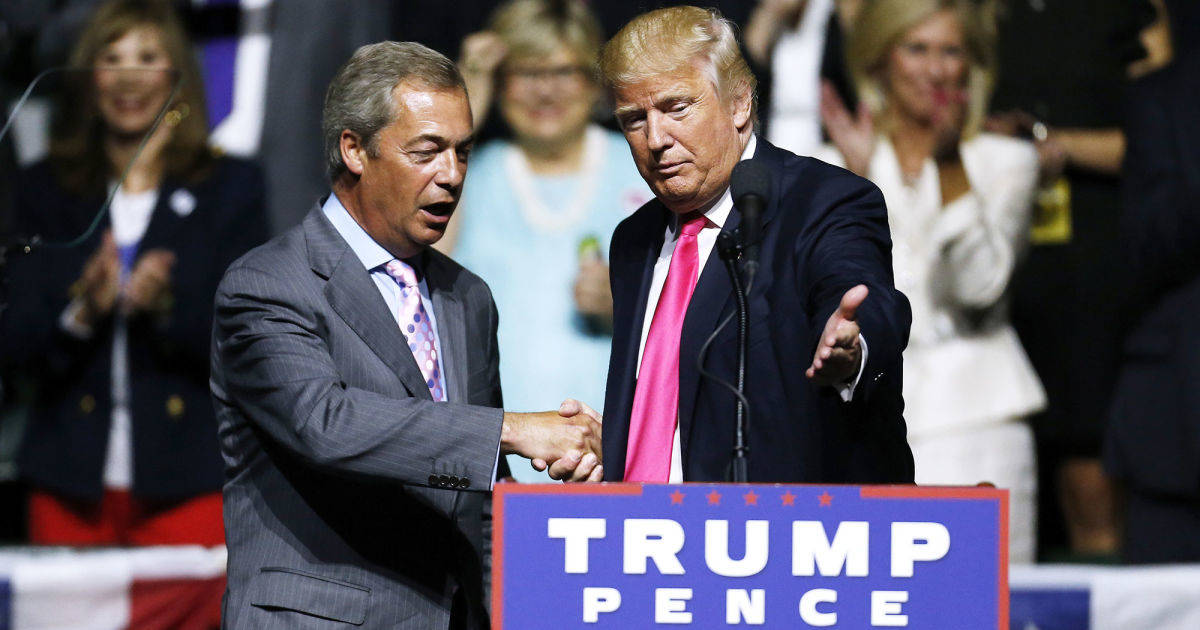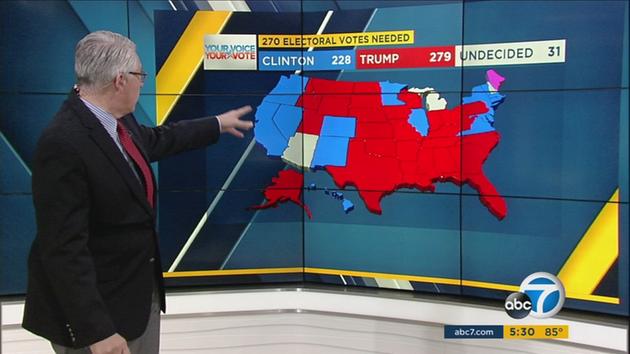House prices in the United Kingdom (UK) declined 0.9 percent in January following a 1.6 percent rise in December, marking the first monthly drop since August of last year, mortgage lender Halifax reported in its latest House Price Index.
UK homes now sell at an average price of £220,260, pegging the annual growth rate in the last 3 months leading to January to 5.7 percent from December’s 6.5 percent.
Halifax noted that the shortage of houses available for sale will keep big price drops in check but cautioned that slower economic growth and a weaker spending power on the part of house buyers could dampen demand for housing, resulting in slower annual house price growth for 2017.
Other forecasters are also projecting the UK housing market to soften in 2017. Pantheon Macroeconomics’ chief economist Samuel Tombs said that while drops in month-to-month pricing are common, he pointed out that price growth for the housing market has fundamentally weakened since the June vote.
In its annual forecast, Halifax said UK house prices will grow by a mere 1 to 4 percent in 2017, with London house prices falling. This year’s projected price growth is significantly lower compared to 2016. The firm’s economists cited the projected slowdown in economic growth, potential surge in unemployment and pressure on household incomes as the main reasons for the overall slump in UK’s housing market, which experienced growth for several years prior to last year’s referendum.
Financial analysis firm IHS Global Insight, commenting on Halifax’ report, said that price gains this year will hit its ceiling at 3 percent citing mounting caution on household spending and widening house price-to-earnings gap as main factors affecting overall prices.
Meanwhile, Halifax said that a total of 1.2 million homes were sold last year, up 0.4 percent from the year before. The company said its figures show that first-time house buyers in the UK grew by an estimated 7 percent to 335,750 during the last year, marking its highest level since the beginning of the global financial crisis in 2007.
At Assured FD Services we provide services business financial management services as Part Time Finance Director, Interim Finance Director, Interim Accounting Manager and Interim CFO to UK businesses. If you would like to add rocket fuel to your business finances, contact us today for a free no obligation consultation.





